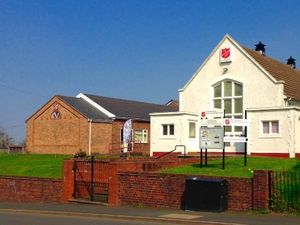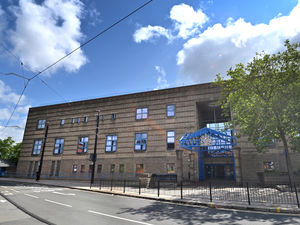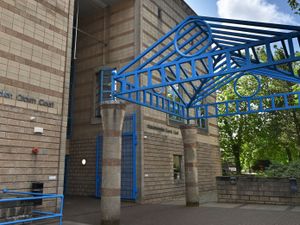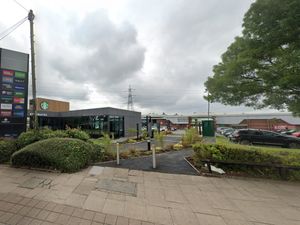Salvation Army releases damning report on West Midlands homelessness crisis after councils cut funding
The Salvation Army has warned the homelessness crisis in West Midlands will deepen after local councils slashed funding for mental health and addiction support.

Homelessness has risen in the West Midlands by 28 per cent since 2019 after a 34 per cent drop in funding of mental health services since 2012 and 29 per cent cut in funding for substance abuse support since 2014.
The Salvation Army Corps in Oldbury is one of the biggest in the Midlands and helps homeless people through a variety of charity and support initiatives.
The Salvation Army’s assistant director for homelessness services Major Hilarie Watchorn said: "Homelessness is a public health problem first and a housing problem second. Ringfencing money for addiction and mental health services is the only way to properly tackle the reasons so many fall into the homelessness downward spiral which is so hard to recover from.
"We know that local authorities see the value in addiction and mental health services, but they can only stretch their money so far. They have a legal obligation to help homeless people but this only covers housing so it is little wonder that services for mental health and addiction are in decline."
She added: "If we are to end homelessness, local authorities must be helped to prioritise funding services that address the root causes. Keeping someone off the streets is only partly solved by providing a place to stay”.
Will Neville, aged 33 from Oldbury, was a former resident of the Salvation Army Lifehouse hostel in Birmingham and is now its manager.
He said: "When I was homeless and addicted to drugs, I twice tried to take my own life. Now my job involves supporting homeless people, I know how common suicide attempts and drug overdoses are.
"There are some amazing mental health and addiction services out there that support people who are homeless, but they are massively underfunded, and when the money runs out they have to close down."
He added: "Most of the homeless people we work with hadn’t had any help with their addiction before they came to a Salvation Army hostel. We also have a lot of people there that have anxiety and depression, bipolar, personality disorders and undiagnosed schizophrenia but are not on medication and therapy because they are not in touch with health and social services.
“My recovery was due in part to addiction support services being embedded where I was staying. The Salvation Army helped me to face not only the addiction itself but also its root causes, which is part of what we call a ‘harm reduction’ approach. I’ve seen so many lives transformed this way."





